Who among us has not encountered inconsiderate behaviour on a train?
The man who insists on a loud phone call in the quiet coach. The woman tucking into an egg mayonnaise sandwich. The pensioner who has kicked off his shoes and socks.
These behaviours are common, and annoying. We endure them, with a sigh. Sometimes, though, the behaviour of other passengers crosses a line, becoming intolerable.
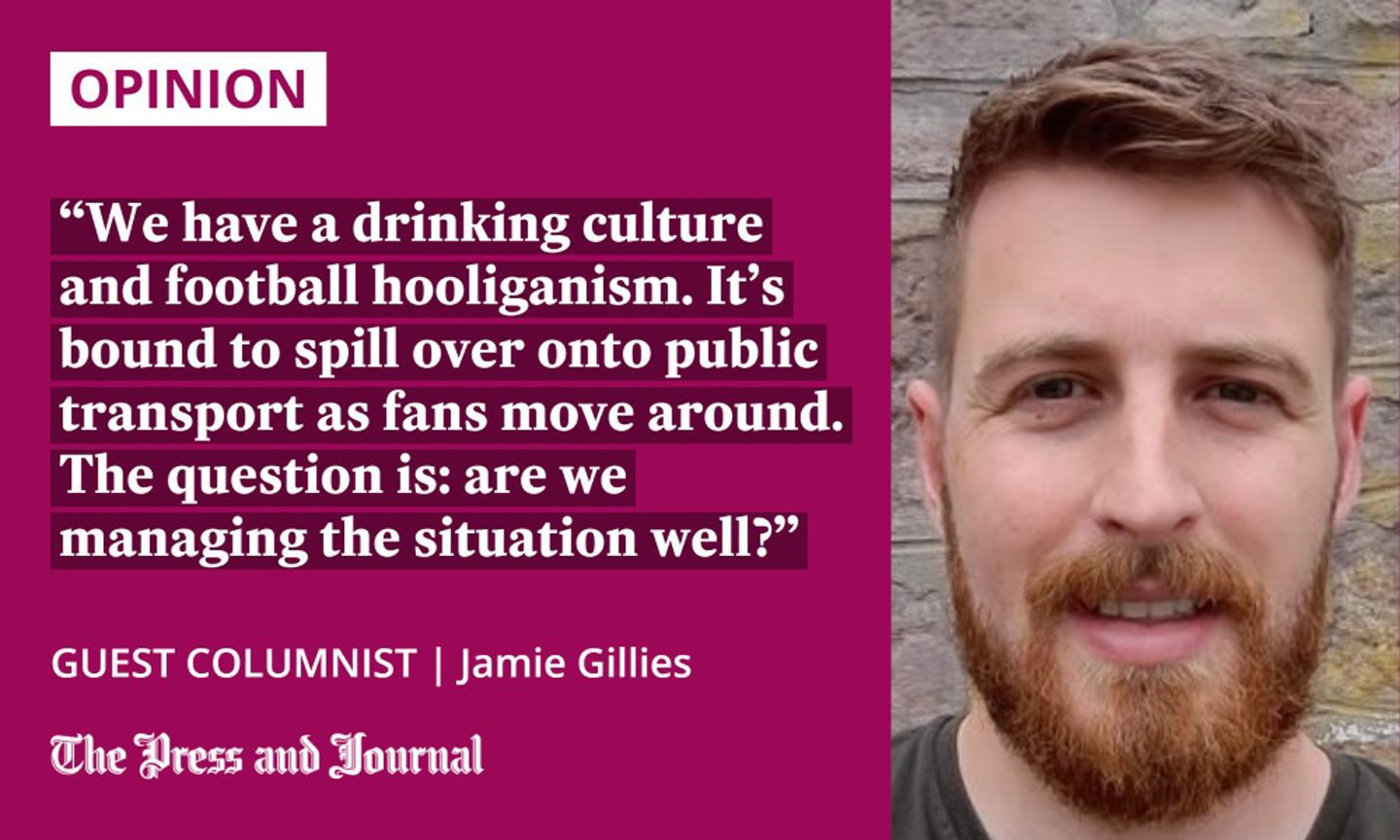
This was my experience recently, on a train bound for Aberdeen from Newcastle. It was, hands down, the worst journey I’ve ever experienced. And it got downright ugly for at least one other passenger making their way up north.
I was returning from the funeral of a friend, feeling tired and low. For an hour and a bit, I’d stared off into the middle distance, the carriage around me calm. All this changed as we pulled into Edinburgh Waverley, where dozens of Dons fans were waiting to board the train home.
An uncomfortable atmosphere
Dandies supporters were in good spirits that day. They’d secured a one-all draw at Easter Road. I’m an Aberdeen fan myself, and was pleased with the result. These supporters were enjoying more than a bit of light celebration, though.
Their chants were deafening and accompanied by stamping and banging on windows. Their language was also extremely coarse. It was just 7pm.
I soon sensed the family sitting behind me becoming uncomfortable. A mum and dad and two girls, surrounded by a sea of louts clutching tins of lager, shouting at the top of their lungs.
An older lady sitting in front of me looked worried, too. She made a move to leave her seat but was hemmed in by fans. She’d have to weather this storm.
At this stage, I was feeling frustrated but resigned. I’d encountered roch behaviour on trains before. I was raised in Scotland, after all.
You learn to keep your head down and gaze intently out of the window. Expressing an opinion, even turning your head round, can result in a rollicking at best, and a black eye at worst.
Xenophobia and sectarian chants
Shouting and swearing wasn’t to be the worst of it, unfortunately. A young woman with an Eastern European accent joined the train at Haymarket and deposited herself further up the carriage, near the loudest group of fans.
I asked the police officers what they were planning to do about the fans. Turf them off? ‘Nothing we can do,’ they replied with a shrug. ‘There are six carriages of them and two of us’
After a while, I heard a commotion and she came marching past, off to sit somewhere else. Her face was a picture.
As she went, one of the football fans shouted after her: “F****** go home.” This xenophobia was, apparently, hilarious. The chants started up again with aplomb: louder, angrier, and, this time, sectarian and sexually explicit.
By then, the train guards were aware of the situation. I suspect the young woman had, rightly, reported the odious atmosphere in our carriage.
We stopped for a few minutes and, at the next station, two British Transport Police officers boarded and began making passes through the train. I got up to use the loo and encountered the officers in the vestibule area.
I asked them what they were planning to do about the fans. Turf them off? “Nothing we can do,” they replied with a shrug. “There are six carriages of them and two of us.”
ScotRail, police, politicians and sports clubs must do more
Leaving the train a few stations short of Aberdeen, I was weary. My head was banging after two long hours filled with shouting, stamping and obscenities.
I was angry on behalf of the girl who had encountered xenophobia, and ashamed she had encountered it in my part of the world. I’m not sure where she was from. Perhaps she’d been away and was coming home to Aberdeen.
It occurred to me that she may be Ukrainian, newly arrived in Scotland. What a disgraceful welcome for her to experience if this was the case.
Idiocy on trains is not something new to me, nor, I’d imagine, many others in Scotland. I’ve seen episodes like this time and again in different places, though not quite as bad.
In one sense, it’s inevitable. We have a drinking culture and football hooliganism. It’s bound to spill over onto public transport as fans move around.
The question is: are we managing the situation well? My experience suggests not.
Why wasn’t there a proper police presence on a match-day train? Why were loud, drunk, and abusive fans allowed to continue their journey for hours? Could Aberdeen and Hibs football clubs have done more to prevent this?
If one thing is clear, it’s that the people of Scotland deserve better than train journeys full of off-the-rails sports fans. I hope train companies, the police, clubs, and politicians can do more to tackle this ugly situation.
Jamie Gillies is a commentator based in the north-east of Scotland
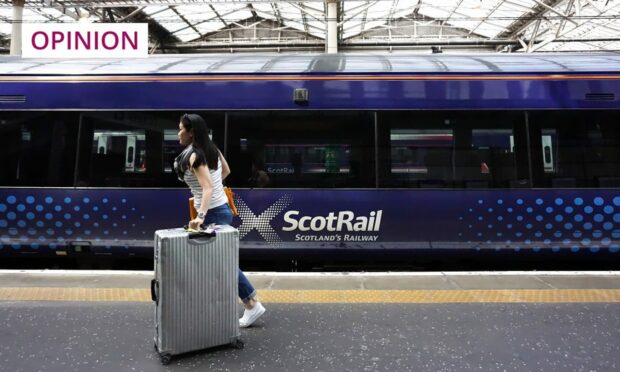
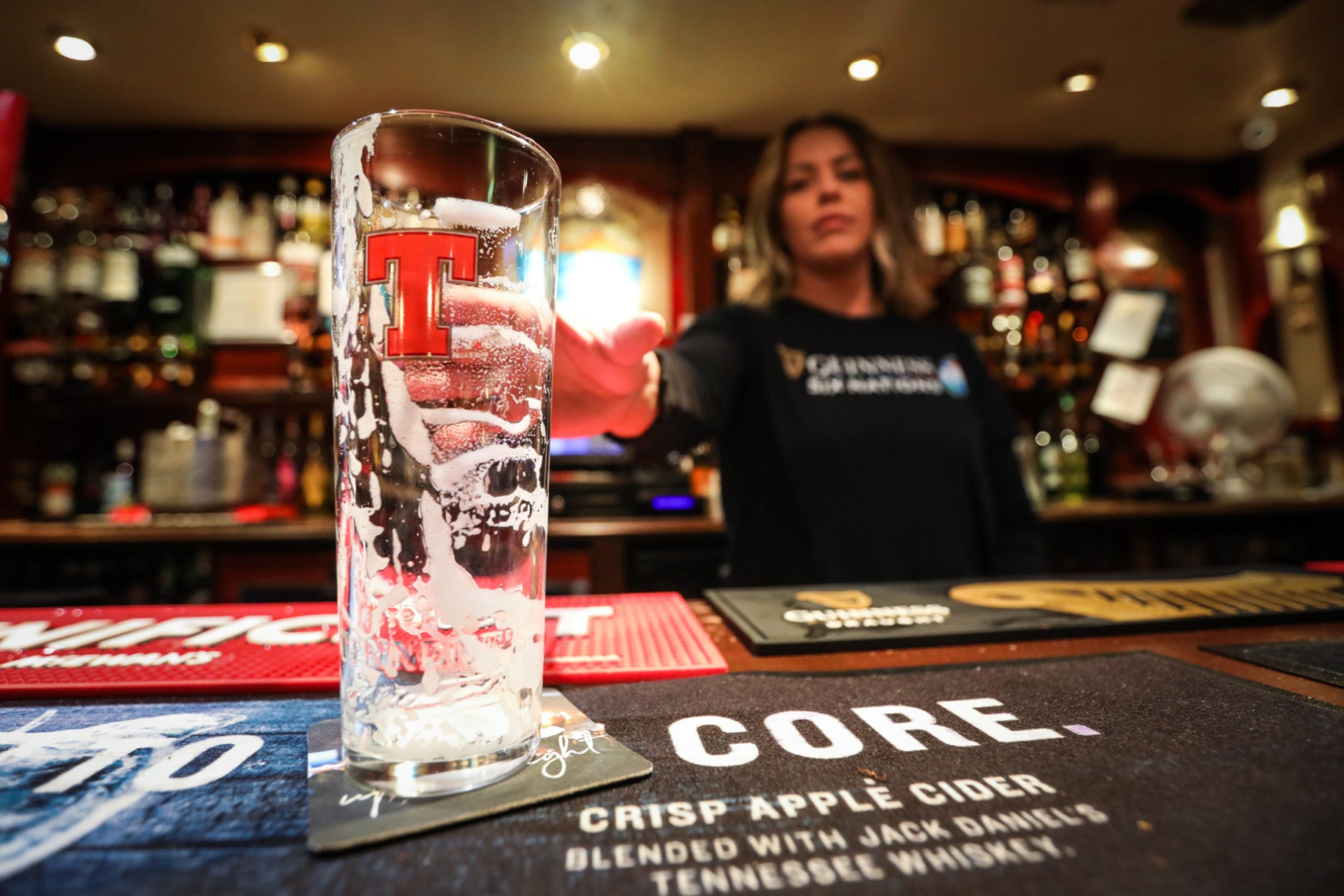
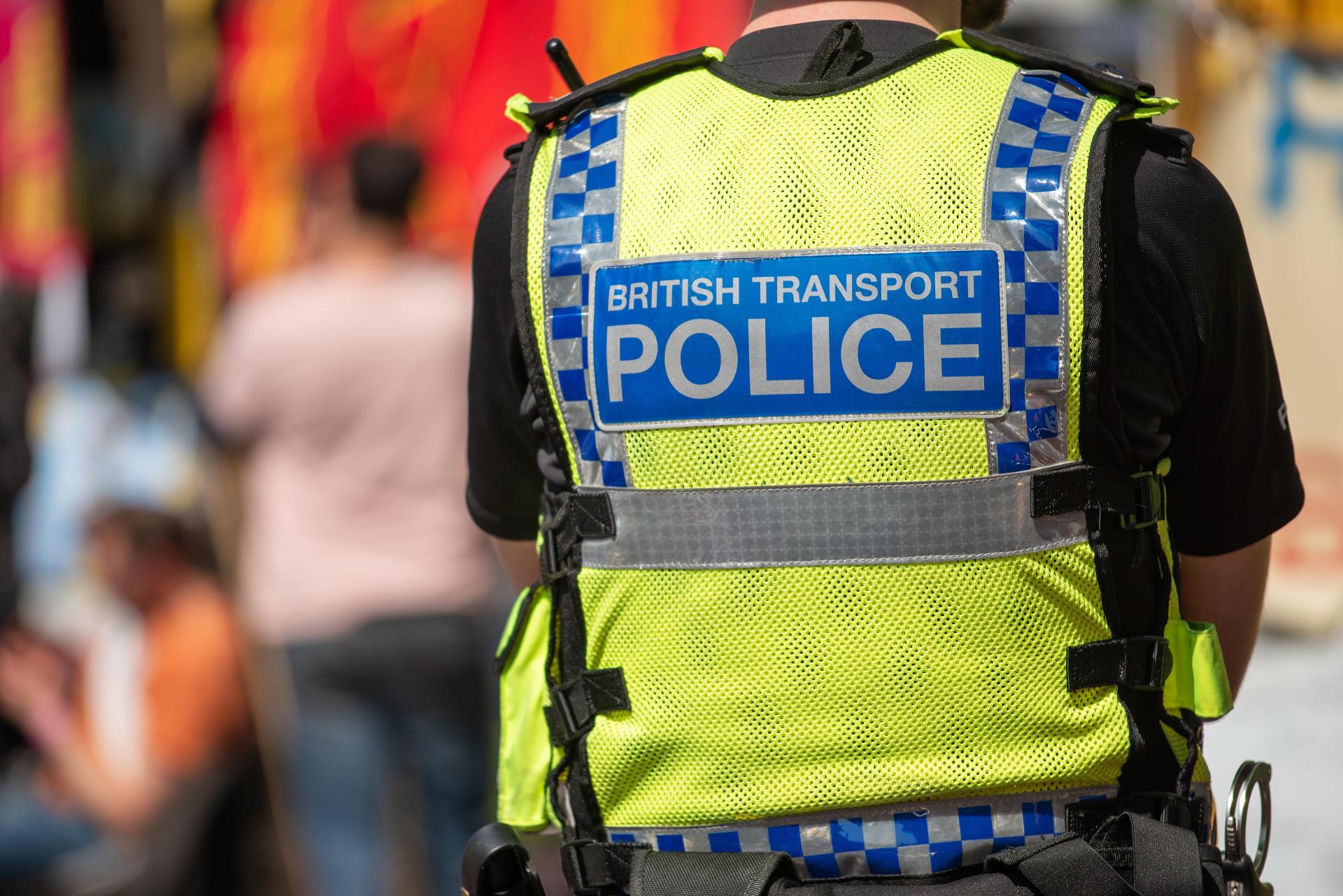
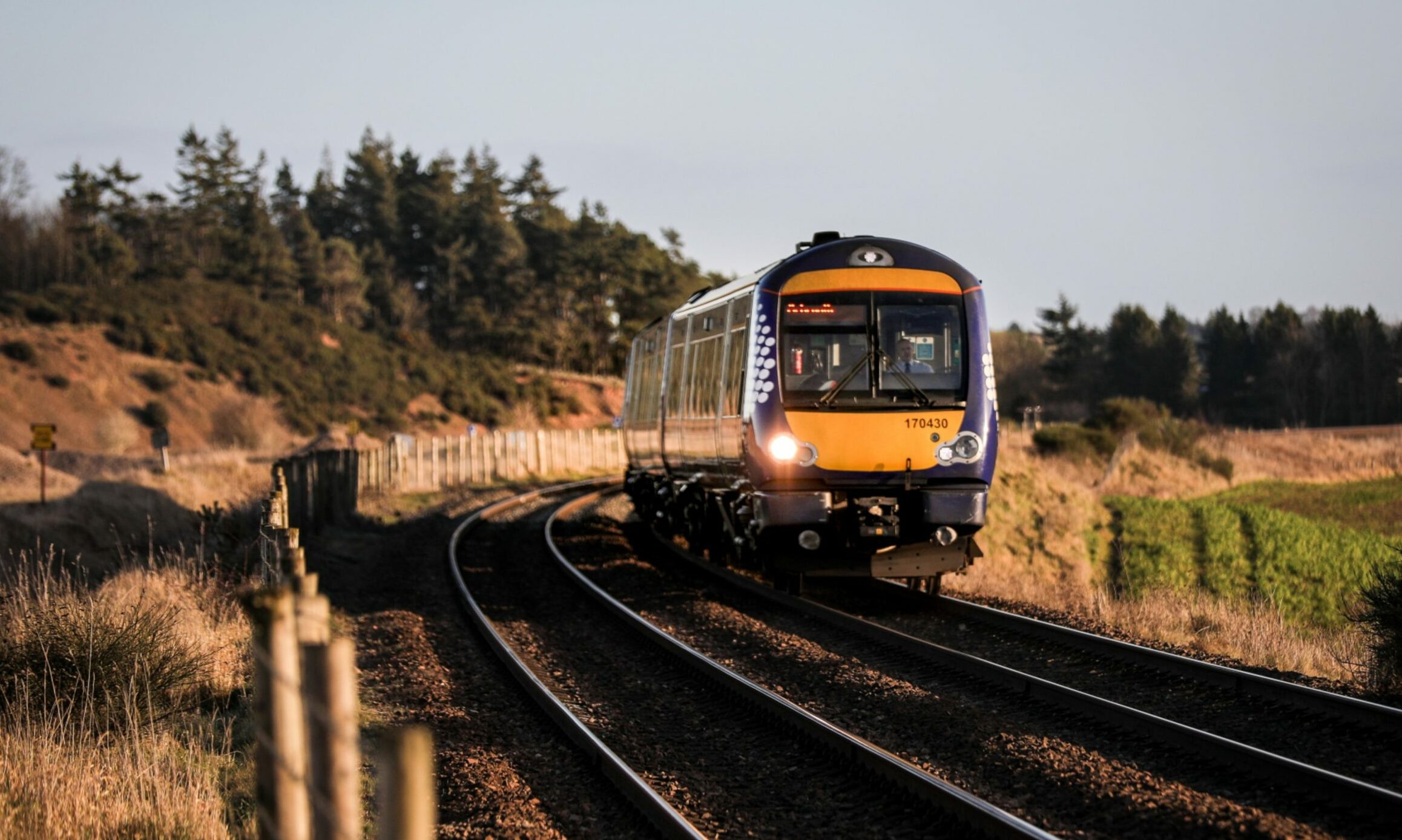
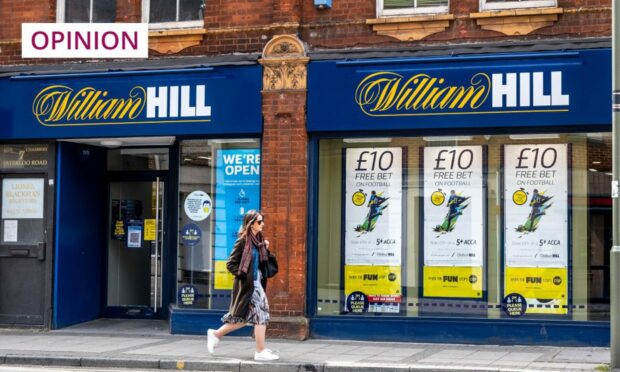
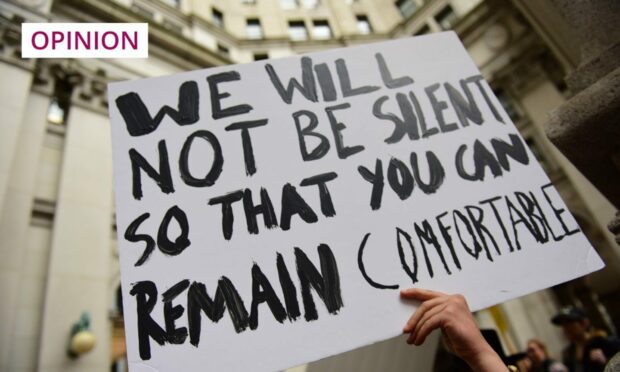
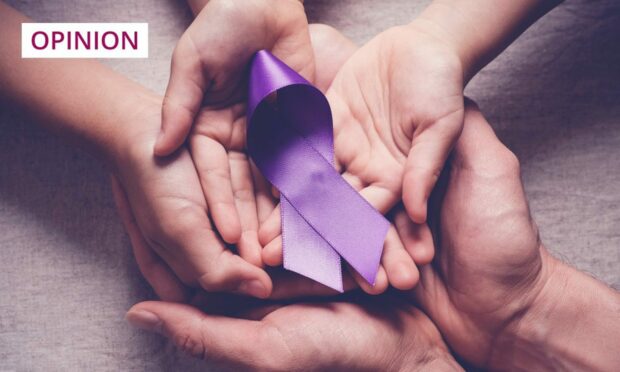





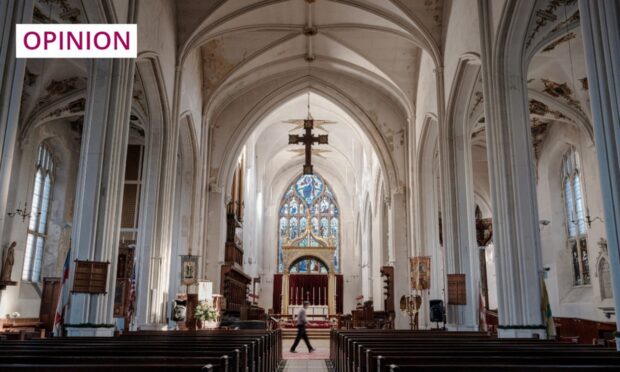
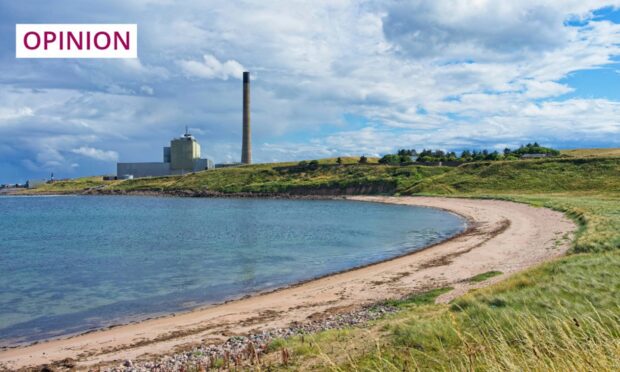


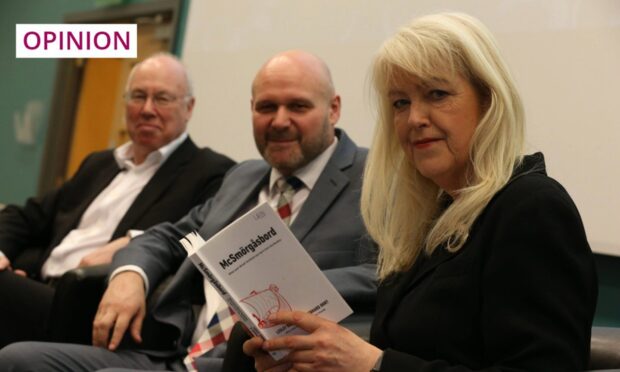


Conversation